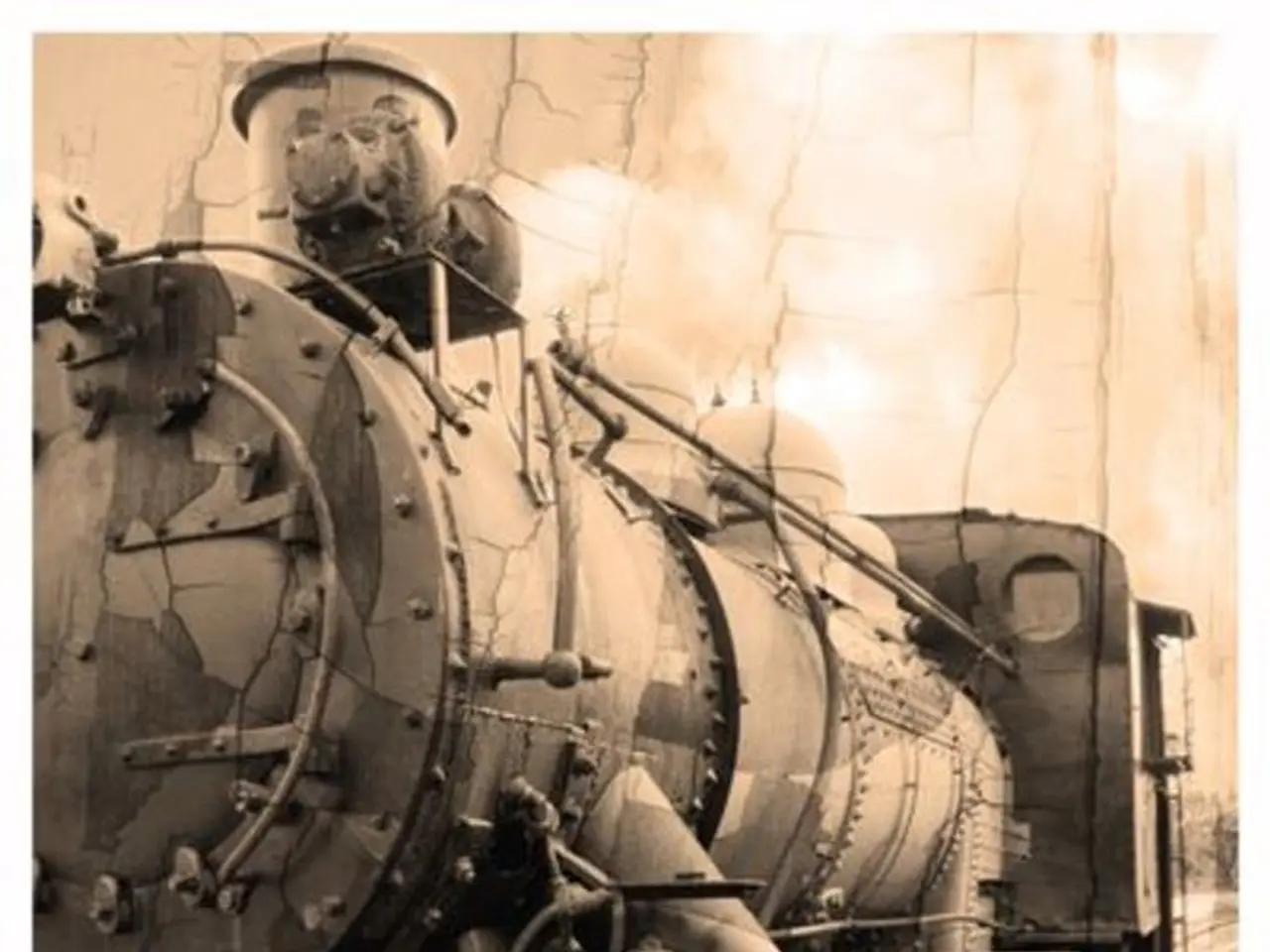Labour assumes control of the first railway company
The Labour government in Britain has taken the first steps towards nationalizing its railway system, with South Western Railway becoming the first operator to be brought under public control on May 20, 2025. Prime Minister Keir Starmer and his party announced the move as part of a broader strategy to improve services, eliminate inefficiencies, and streamline ticketing for passengers.
In the coming months, c2c and Greater Anglia are slated to follow South Western Railway, with the entire process expected to be completed by the end of 2027. By nationalizing the railways, the government aims to shift the focus from private profit to the interest of passengers, ensuring a more reliable and efficient rail network.
Transport Minister Heidi Alexander highlighted the benefits of nationalization, such as a simplified ticketing system and more comfortable trains, while also emphasizing the importance of providing good value for money to taxpayers.
The planned national railway operator, Great British Railways, aims to abolish the separation between network and operations, under a single state-owned entity. Construction work on the new system is already underway, with the first service - a bus replacement - operating from Woking station to Surbiton on May 20, 2025.
By nationalizing the rail network, the Labour Party aims to address structural problems that have hindered the railway sector during years of privatization. The party has also announced plans to consult with stakeholders and develop a Railways Bill to support the reforms.
References:[1] ntv.de[2] jwu[3] Unspecified sources
- The Labour government's move to nationalize its railway system is part of a broader community policy that aims to improve employment conditions within the industry, focusing on the interest of passengers and ensuring financial efficiency in the transport sector.
- The upcoming nationalization of c2c and Greater Anglia, as announced by Prime Minister Keir Starmer, is a significant political move aimed at streamlining ticketing systems and eliminating inefficiencies in policy-and-legislation that have been prevalent in the railway sector.
- The announcement of nationalizing the railways has sparked general-news discussions about the impact of such policies on the economy, particularly regarding how the new policy will reform the employment policy within the industry and ensure a more reliable and efficient transportation network.








